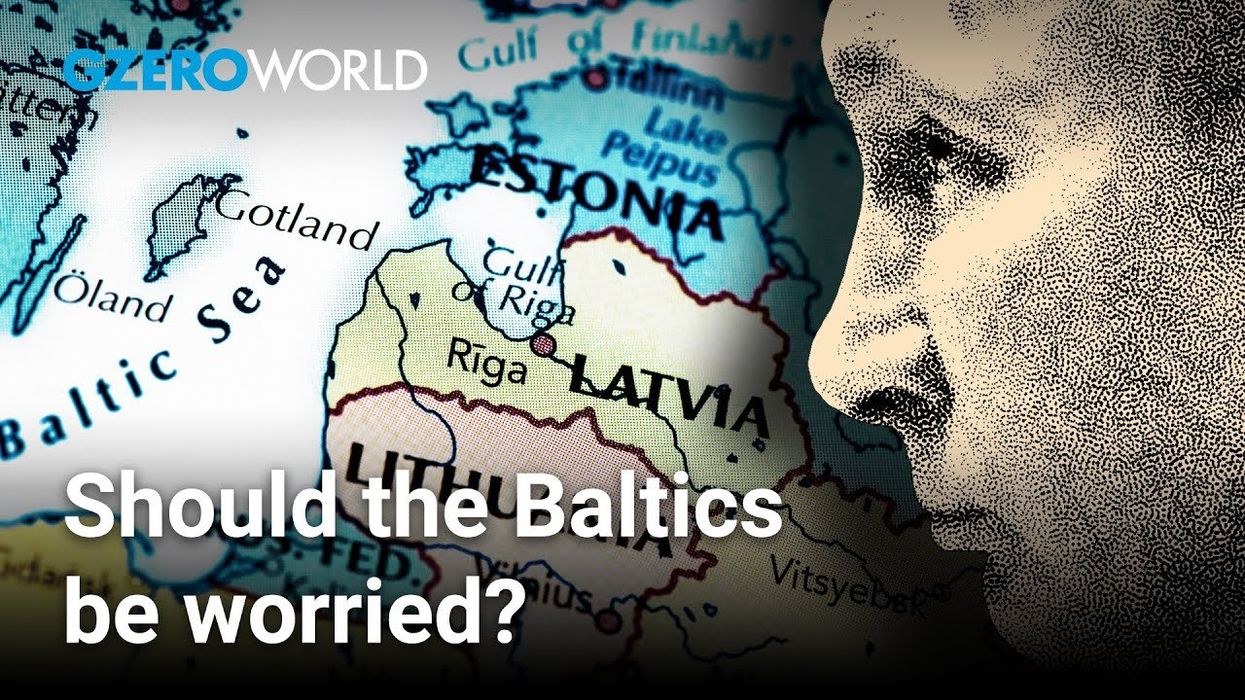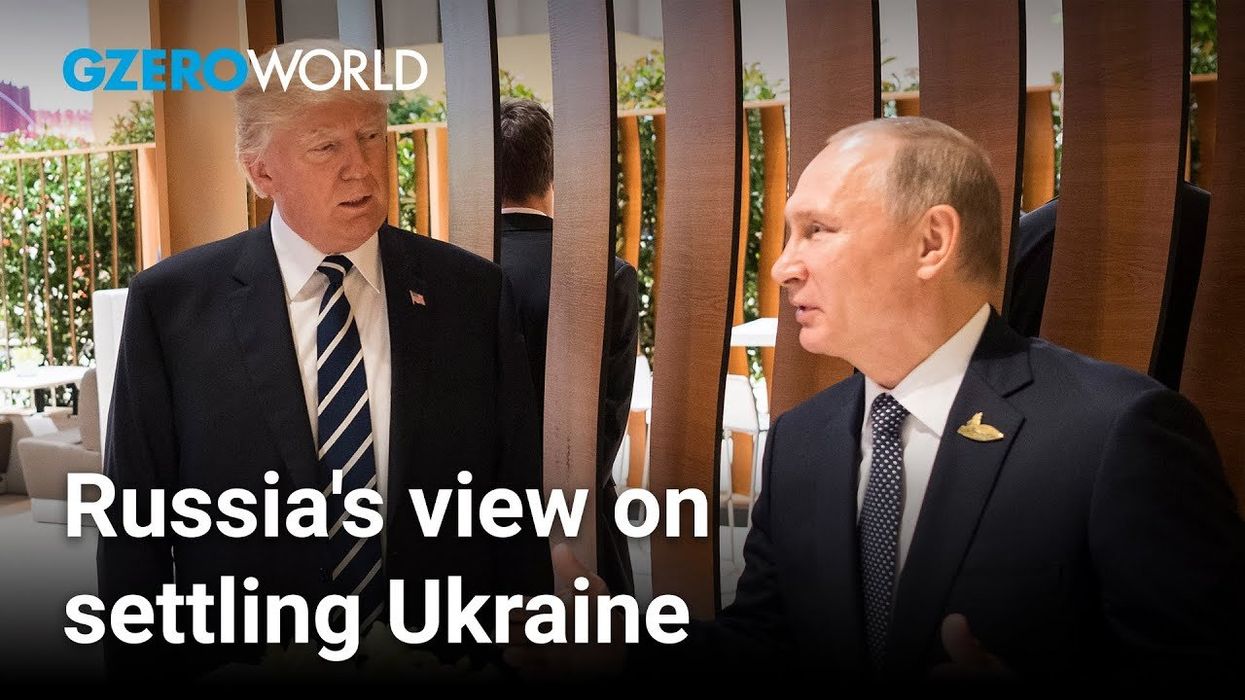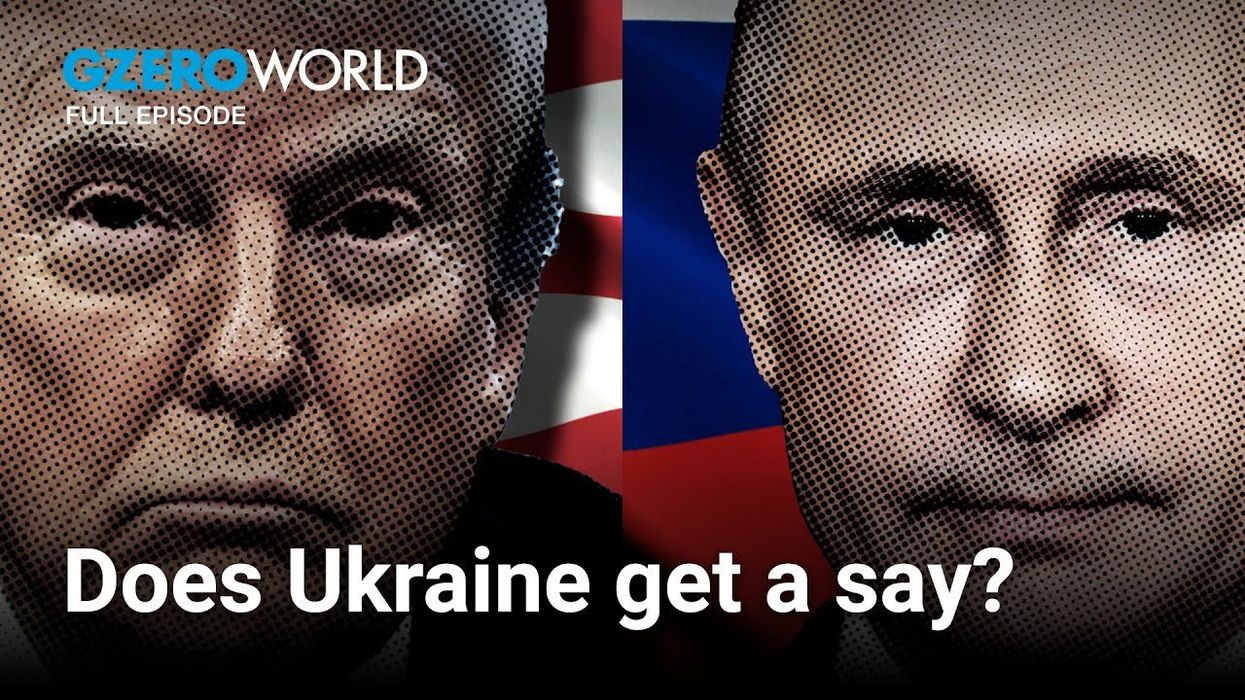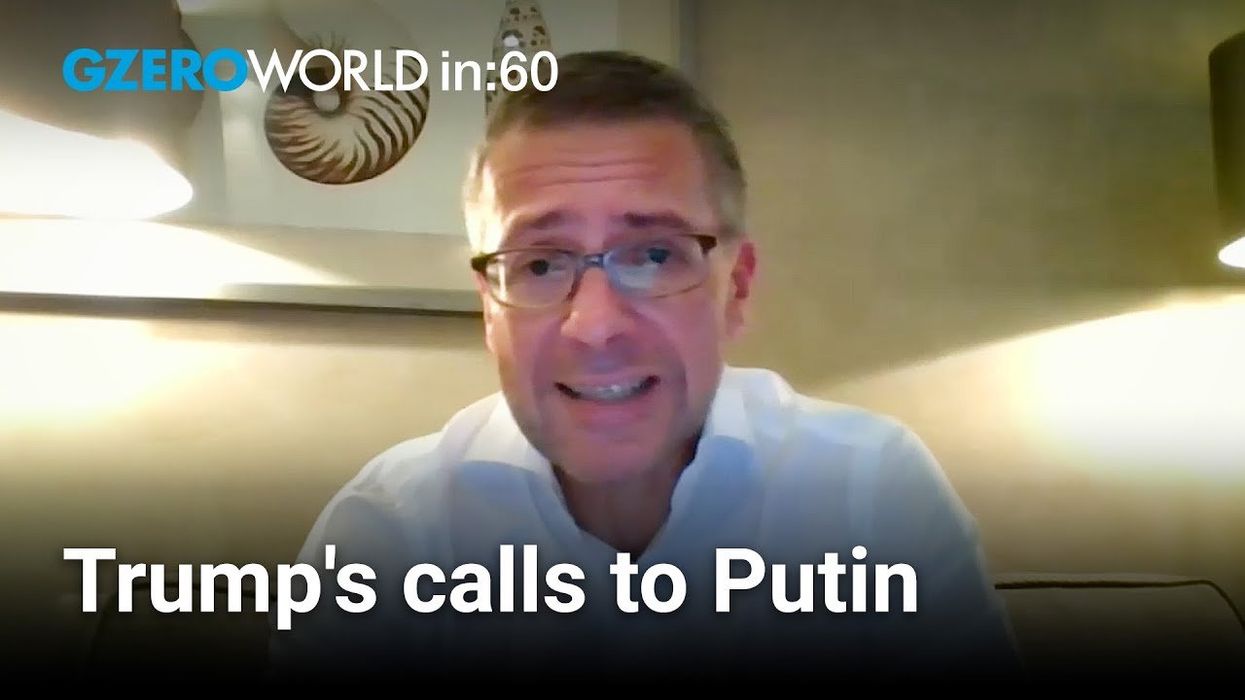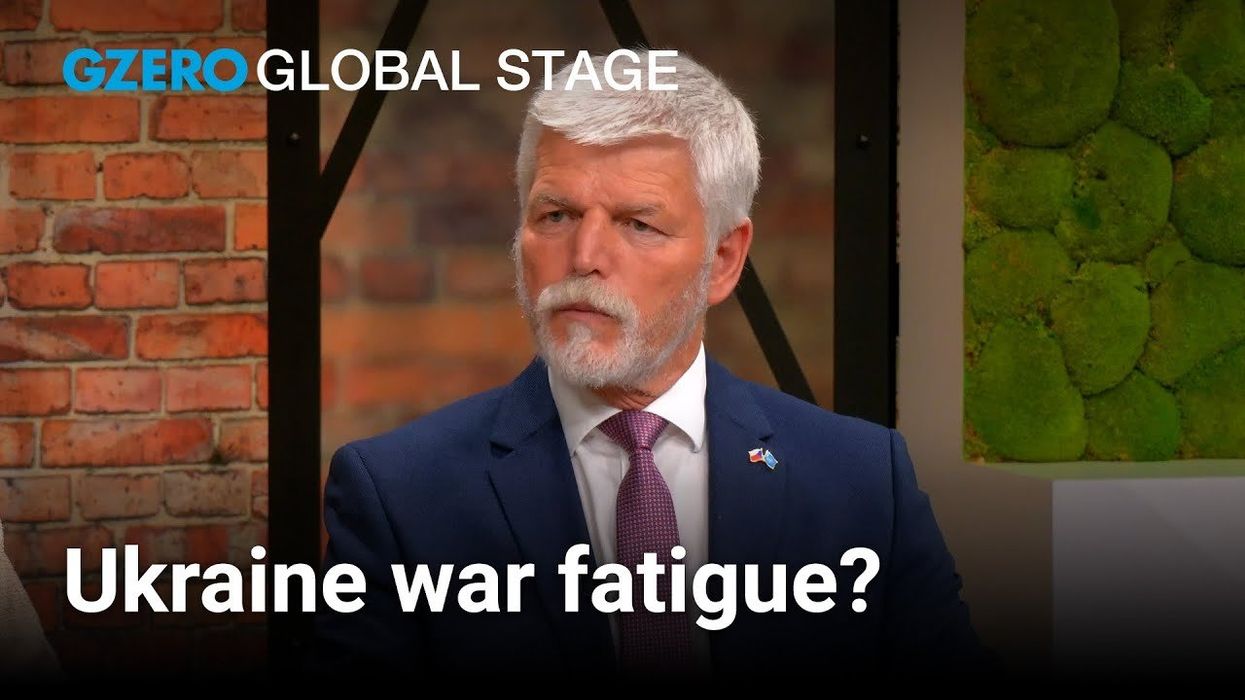Editor's Picks
If Trump's foreign policy pushes allies away, can the US go it alone?
The Trump administration’s approach to foreign policy is clear: allies and alliances are expendable, and America is stronger alone. With support for Ukraine waning and European allies sidelined, long-term damage to transatlantic relationships may be inevitable. On Quick Take, Ian Bremmer unpacks this shift and its likely consequences.
Mar 10, 2025

